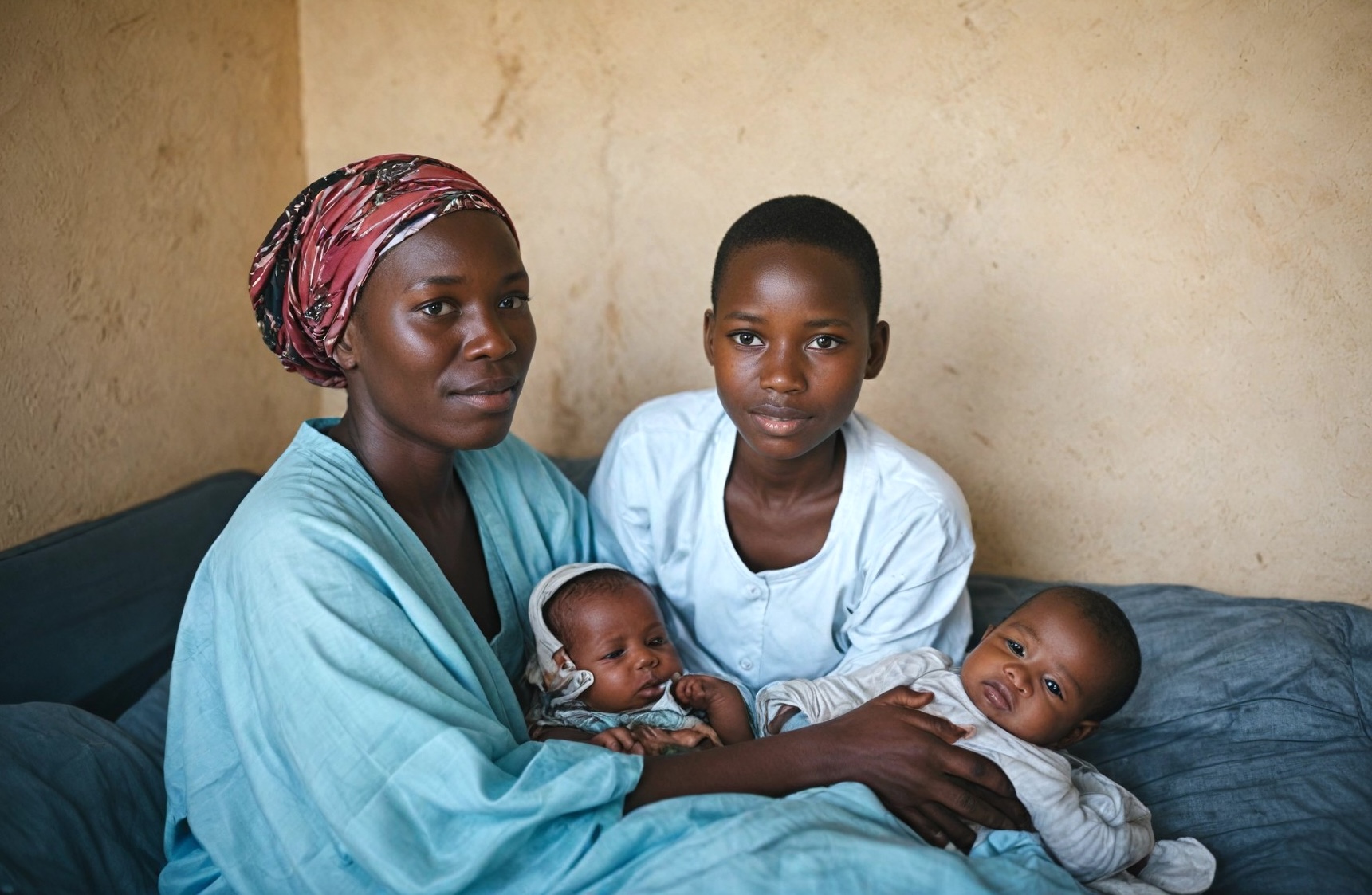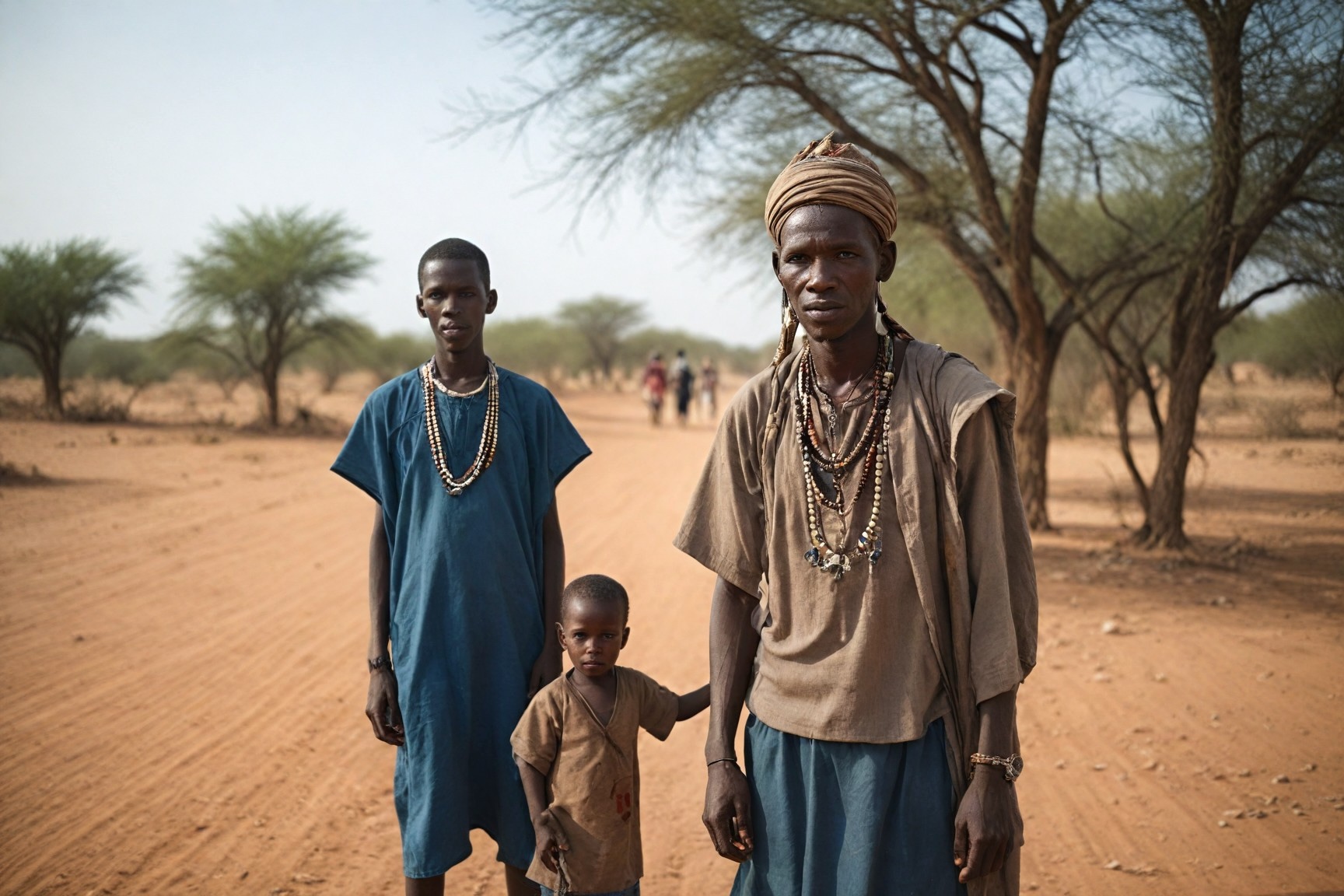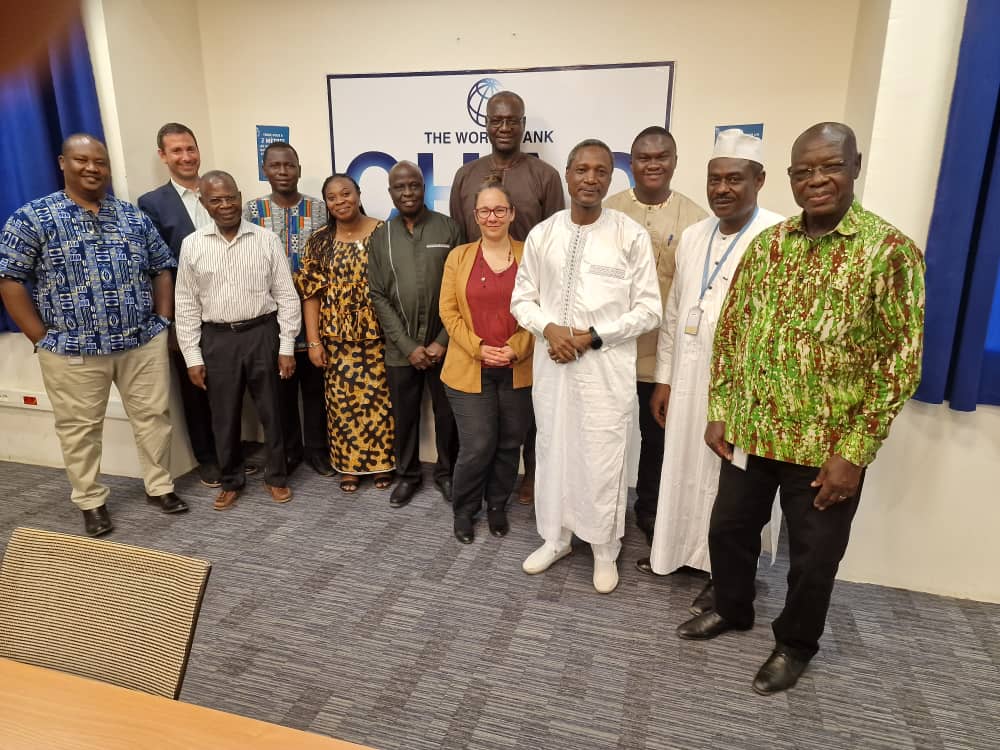In 2015 Chad adopted its national universal health coverage (UHC) strategy, including an implementation road map. In 2016 the Ministry of Public Health and Prevention (MSP) requested technical assistance from the P4H Network. A health financing expert, Saibou Seynou, funded by the Deutsche Gesellschaft für Internationale Zusammenarbeit (GIZ) was thus deployed to support the newly set up Cellule interministérielle de coordination de la Stratégie nationale de la Couverture sanitaire universelle [an interministerial coordination unit for UHC] (CIC). In 2018 Saibou began serving as a P4H country focal person (P4H-CFP), contracted by GIZ, and funded by the Swiss Agency for Development and Cooperation (SDC).
With support from the P4H-CFP and other development partners (DPs), the Chadian government signed a law in 2019 to set up a UHC-oriented health insurance system through three schemes: Assurance santé des salariés (health insurance for salaried workers), Assurance santé des indépendants (health insurance for the self-employed), and Assurance maladie des démunis (health insurance for people living in poverty). The latter group was estimated to comprise 20% of the total population for the purpose of the UHC rollout.
P4H-CFP contributes to momentum and collaboration
The P4H-CFP plays an important role in Chad, serving as a resource person for UHC-related topics, supporting government stakeholders in advancing institutional and legal frameworks, drafting documents and navigating donor procedures. Saibou provides technical input to laws, decrees, ministerial orders, and strategic documents on UHC. This includes, for example, drafting terms of reference for studies, revising legal, institutional and strategic documents, such as the health financing strategy, and preparing texts such as the definition of benefit packages.
The P4H-CFP’s highly valued role
Stakeholders highly value the P4H-CFP’s role in facilitating joint activities and exchange visits to other countries for learning best practices. In Chad, key informants qualified the P4H-CFP as a “moral and technical compass”. The P4H-CFP has facilitated exchange visits to Rwanda (in 2020), Cameroon (in 2022) and Mali (in 2023). Delegates were drawn from the Agence nationale de régulation de la CSU (National Regulatory Agency for UHC), the Caisse nationale d’assurance santé (National Health Insurance Fund), the Caisse d’assurance maladie des Armées (Army Health Insurance Fund), the MSP, civil society, the CIC, Chad’s Ministry of Finance and DPs.
References
[1] This content is based on the evaluation of the in-country pilot of the P4H Monitoring and Evaluation Framework conducted by Hera in 2023 and reported in Development and Piloting of P4H’s Monitoring and Evaluation Framework. The synergies created among key actors such as the World Health Organization, SDC, the Global Financing Facility for Women, Children and Adolescents, the World Bank Group, Agence française de développement and GIZ have led to collaborative efforts, curtailed duplications, and ultimately contributed to the successful development and implementation of UHC initiatives. Key examples include the pooling of resources to support the functioning of the CIC, the coordinated funding and technical input to studies and reviews, and the contracting of consultants.




